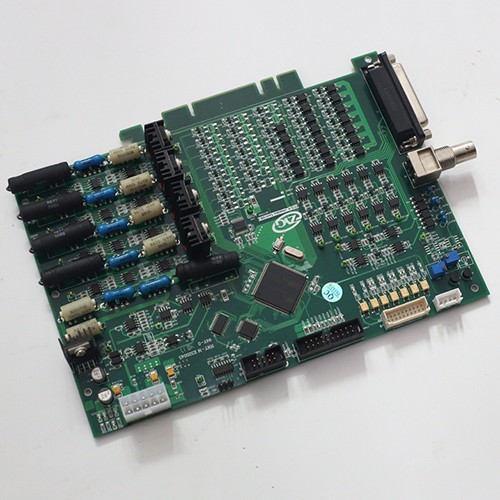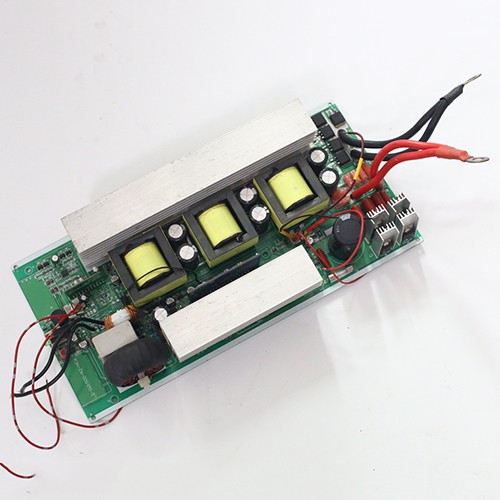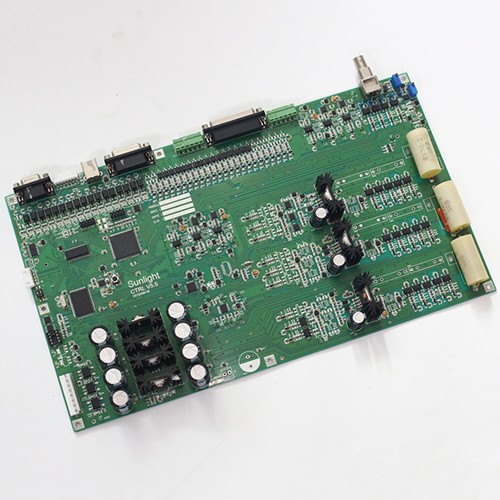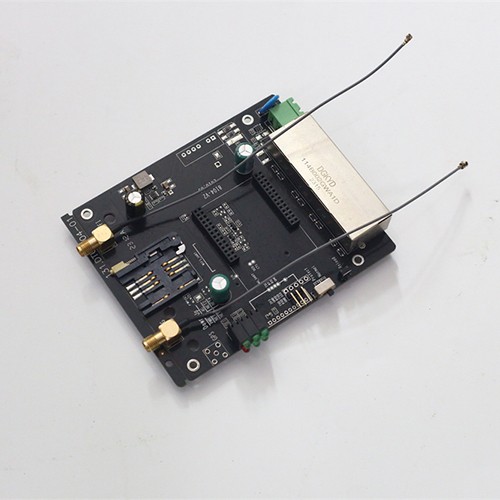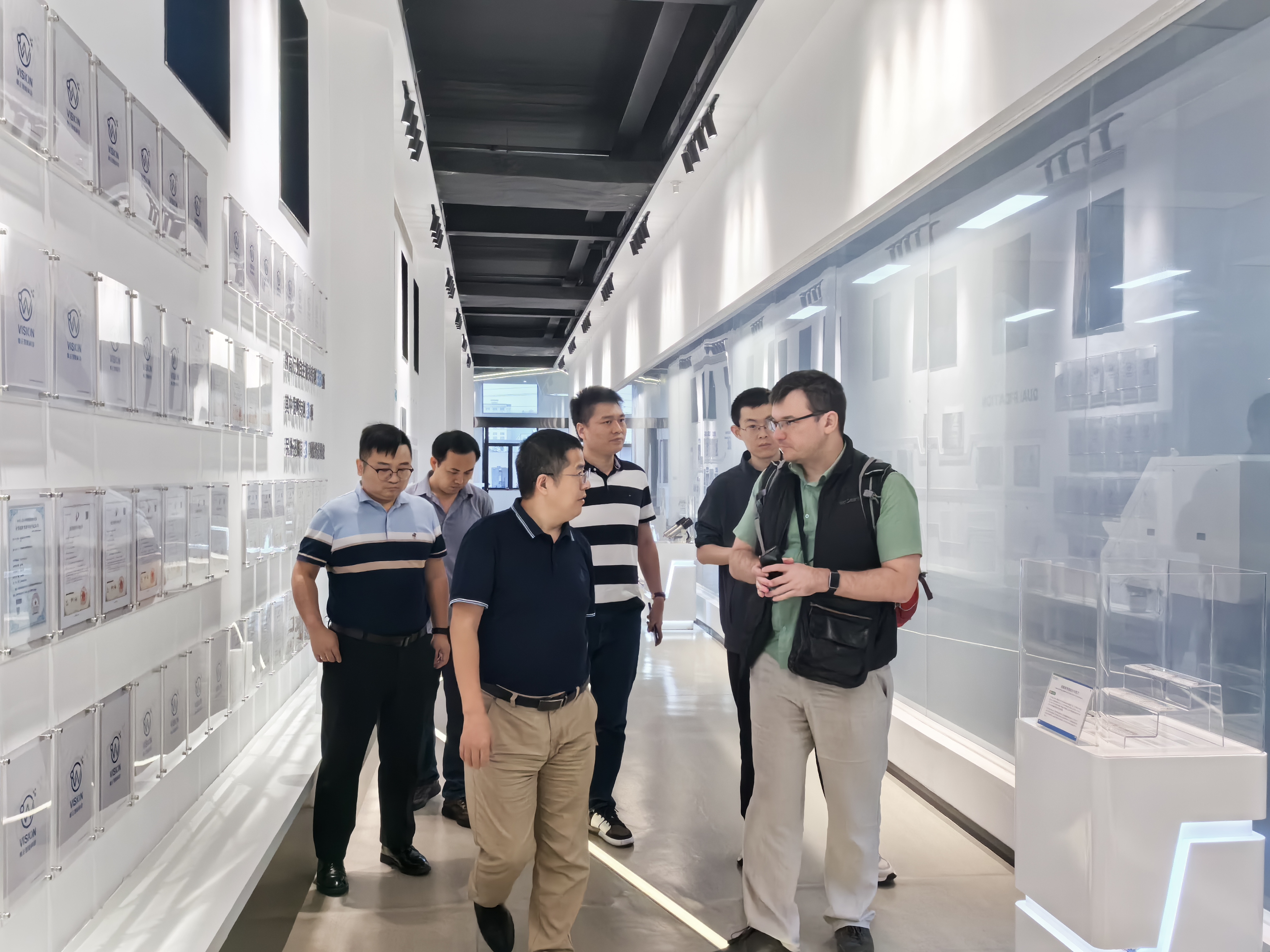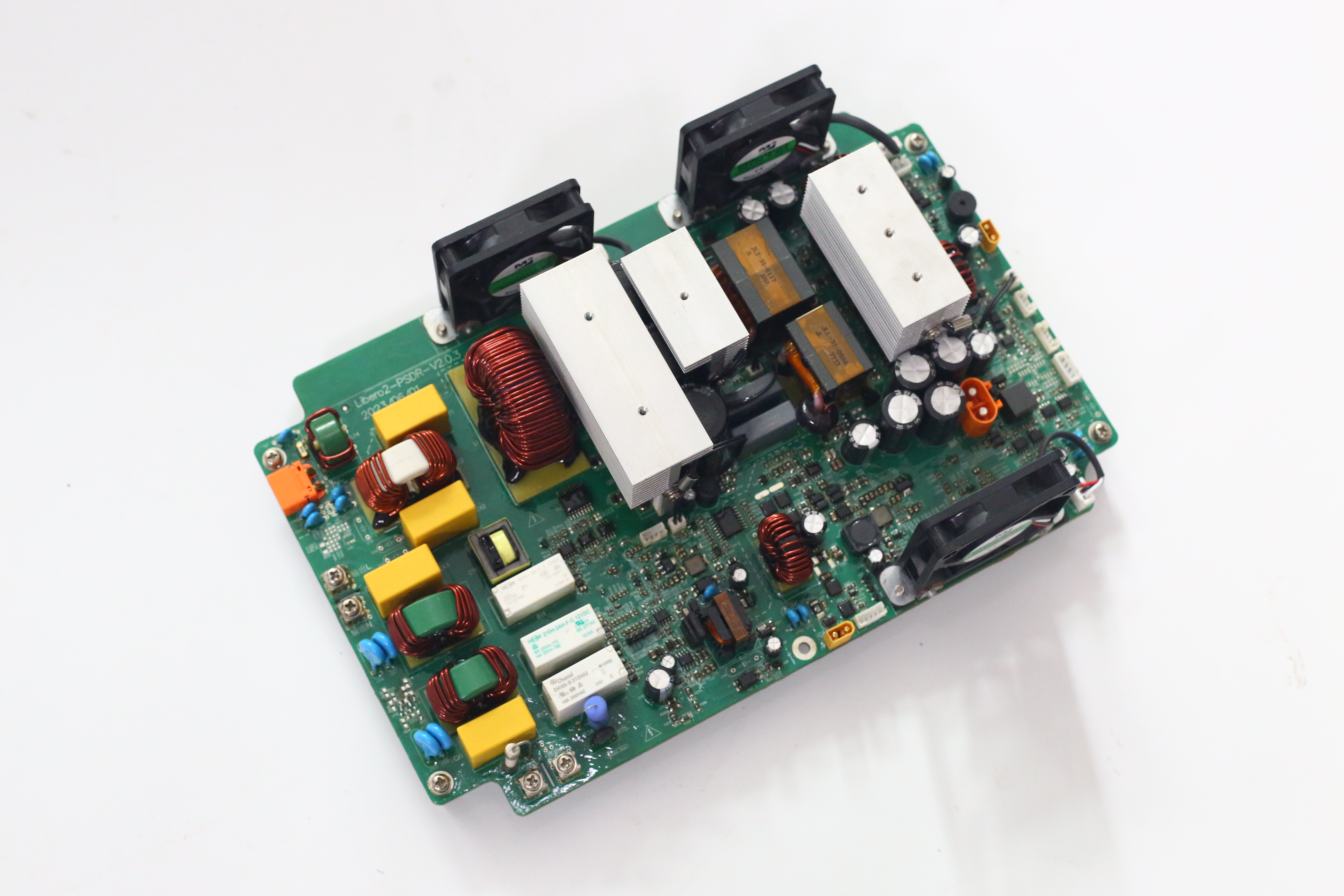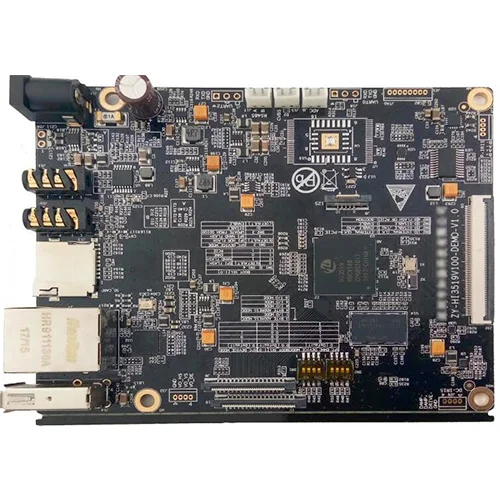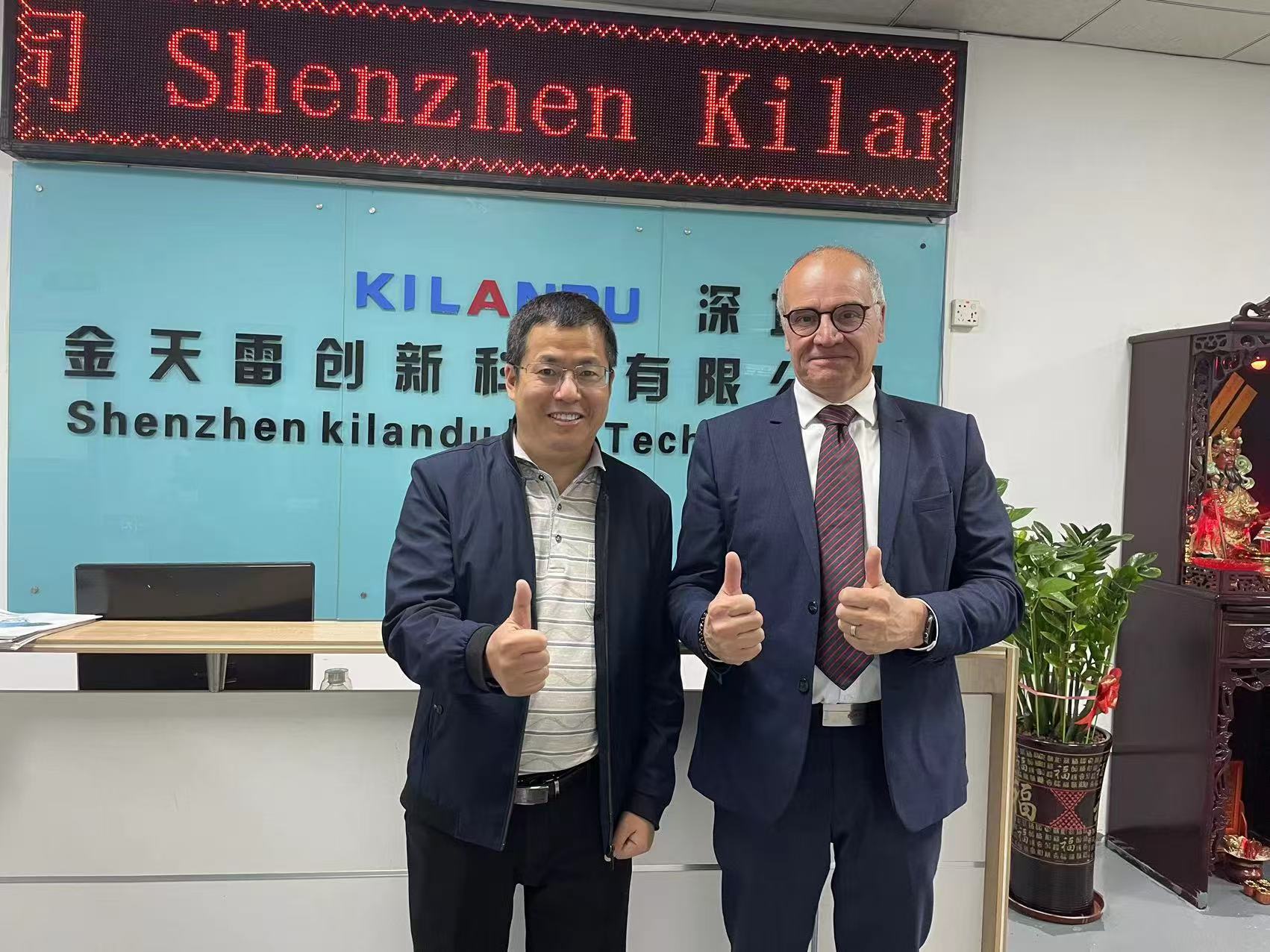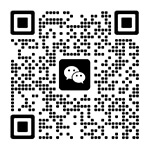With the rapid development of intelligent technology, the PCBA (printed circuit board assembly) industry is ushering in a technological revolution, and the future development trend will pay more attention to automation, intelligence and data-driven production methods. Here are a few key trends and applications of intelligent technology in PCBA production:
1. Intelligent manufacturing and automated production
Intelligent manufacturing will be one of the important trends in the PCBA industry in the future. By introducing automated production lines, manual intervention is reduced and production efficiency and quality are improved. Intelligent equipment and robots can perform delicate welding, patching, testing and other operations, making the production process more stable and accurate.
Key Technologies:
Automatic placement machine (SMT equipment): Modern automatic placement machine can not only complete the placement of components at high speed and high precision, but also adjust the placement speed, position and other parameters through real-time data analysis to ensure the best production quality.
Robot welding: In the wave soldering or manual soldering process, robots can replace manual labor to complete complex welding tasks, reduce human error, and improve welding quality and consistency.
2. Big Data and Artificial Intelligence (AI)
With the help of big data and artificial intelligence, production lines can be intelligently managed and optimized. Through data collection and real-time analysis, AI can predict potential problems in production, helping manufacturers adjust production plans in a timely manner and improve production efficiency.
Application direction:
Predictive maintenance: Through real-time monitoring of production equipment, AI can detect abnormal signs of equipment in advance and perform predictive maintenance, thereby reducing downtime and repair costs.
Quality inspection and defect analysis: Based on machine learning and image recognition technology, AI can automatically detect PCBA products and accurately identify defects, such as solder joint defects and component deviations, greatly improving the detection efficiency and accuracy.
3. Digital production and cloud platform
The combination of digital production processes and cloud computing technology enables production lines to be remotely monitored and managed. Enterprises can collect and analyze data from all aspects through the cloud platform to optimize production processes and resource allocation in real time.
Key Technologies:
Cloud manufacturing platform: Through the cloud platform, cross-factory and cross-regional data sharing and collaboration are realized, and manufacturing enterprises can flexibly adjust production line configurations, schedule process parameters, and even achieve customized production.
Digital Twin: The digital twin is a virtual model of the physical production line, which can reflect the operating status of the equipment and the production process in real time, and realize the optimal configuration of the production line through simulation and optimization.
4. Lean production and flexible production
In the future, the PCBA production line will pay more attention to the application of lean production and flexible manufacturing to reduce waste, improve production efficiency, and be able to quickly adapt to different customer needs.
Lean Production:
By continuously improving production processes and reducing unnecessary material handling and downtime, intelligent production lines can produce high-quality products more efficiently.
Flexible Production:
With the introduction of intelligent equipment, the production line can be quickly adjusted



